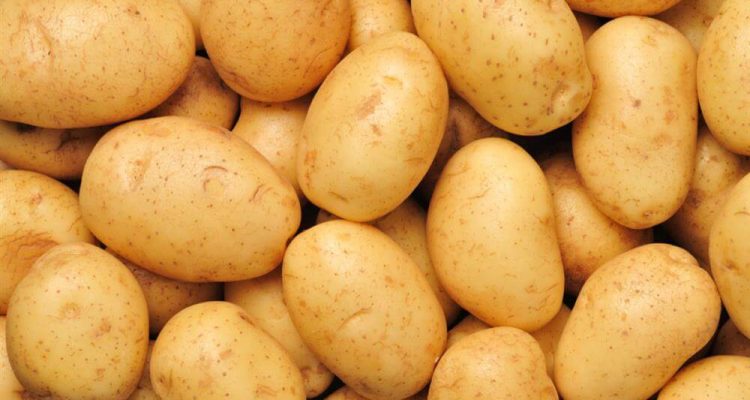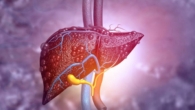
Which potatoes lower and which increase blood sugar levels
0 < p>High blood sugar is dangerous for health, as it can cause problems with the heart and nerves. The author of the article strongly recommends listening to the recommendations of nutritionists and paying attention to the diet. For example, scientists have found out that some types of potatoes have a positive effect on high sugar.
High blood sugar leads to terrible consequences, including heart disease, strokes and nerve problems. If you have diabetes, you need to think seriously about your diet.
With each spoonful of food, carbohydrates are converted into glucose, which then enters the bloodstream. The hormone insulin, usually produced by the pancreas, allows the cells of our body to take glucose from the blood. But, if you have type 2 diabetes, your body doesn't produce enough insulin, or the insulin it produces doesn't work. The glycemic index shows how quickly this or that product affects the sugar (glucose) content in the blood, the Ministry of Health notes.
Foods with a high glycemic index break down in the body quickly, causing a sharp increase in the concentration of glucose in the blood. blood.
Products with a low glycemic index are processed more slowly in the body, and therefore the increase in sugar in it occurs gradually.
If we talk about potatoes, some types of potatoes have a high glycemic index, and some have a low glycemic index.
Yes, sweet potatoes have a low glycemic index, according to Medical News Today. That is why nutritionists recommend this type of potato. Plus, it is “very nutritious”.
But it is better for diabetics to avoid eating white potatoes regularly, as it has a high glycemic index. They should also refrain from French fries and mashed potatoes. Diabetics can eat sweet potatoes and yams.
The glycemic index helps determine which foods should be eaten, but diabetics should also consider other factors.
The Ministry of Health explains: “ studies show that the amount of carbohydrates consumed, not the glycemic index, has the greatest effect on the level of glucose in the blood after a meal.”
This means that in order to reduce blood sugar, you need to control the portion size during meals.
“It is also important to follow a healthy and balanced diet. Food should be low in fat, sugar and salt. We need to eat more fruits and vegetables,” the ministry notes.
Signs of high blood sugar
When you have high blood sugar (this is called hyperglycemia), the amount of urine you urinate becomes more than usual. The charity “Diabetes in Britain” notes that hyperglycemia increases thirst, feelings of fatigue and drowsiness. Other symptoms include ringworm and recurrent skin and bladder infections.
High blood sugar can also cause blurred vision, weight loss, and nausea.
Symptoms of hyperglycemia slowly worsen as blood sugar rises. in the blood.
When they become visible, it is likely that your sugar level is very high. Therefore, it is necessary to immediately take measures to reduce it. The most useful are walking and physical exercises, which help the body process more sugar.









Leave a Reply